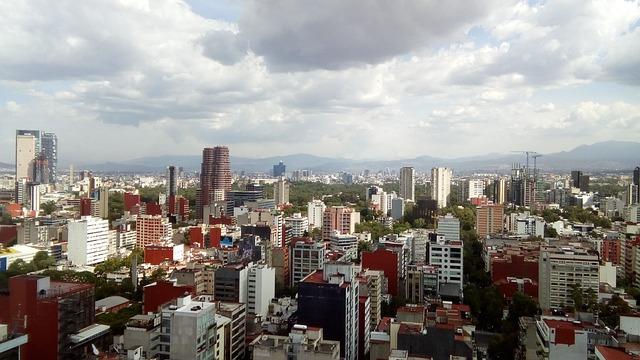The Impact of Urbanization on Pakistan’s Political Dynamics
Urbanization is one of the most significant trends shaping the world today, and Pakistan is no exception. With rapid urban growth, cities like Karachi, Lahore, and Islamabad are facing challenges and opportunities that influence the political landscape of the country. This article delves into the impact of urbanization on Pakistan’s political dynamics, detailing the socio-economic transformations and the implications for governance and policy-making.
Understanding Urbanization in Pakistan
Urbanization in Pakistan has been accelerating over the past few decades. Currently, approximately 40% of Pakistan’s population lives in urban areas, and this percentage is projected to rise. The urban population shift stems from various factors, including:
- Rural-urban migration in search of better employment and educational opportunities.
- A growing youth population seeking modern amenities and lifestyles.
- Infrastructure development and investment in urban centers.
The Political Implications of Urbanization
The rise of urban centers in Pakistan is influencing the nation’s political dynamics in several ways:
1. Changing Voter Demographics
As cities expand, the demographic makeup of voters changes. Urban voters tend to have different priorities and political preferences compared to their rural counterparts:
| Factor | Urban Areas | Rural Areas |
|---|---|---|
| Political Awareness | Higher | Lower |
| Party Affiliations | More diverse | Traditionally loyal |
| Economic Priorities | Job creation & services | Agricultural policies |
2. Emergence of New Political Movements
Urbanization has given rise to new political actors and movements. Issues such as housing, employment, and infrastructure are now at the forefront:
– Examples of Emerging Movements:
- The Pakistan Tehreek-e-Insaf (PTI) has capitalized on urban discontent by advocating reform in governance.
- Grassroots movements focused on environmental concerns, traffic, and civic rights are gaining traction among urban populations.
3. Increased Political Engagement
Urban voters are generally more politically engaged than rural voters. This engagement is facilitated by:
– Access to education and information through media and internet.
– Community organizations that empower citizens to voice their concerns.
Challenges of Urbanization on Political Dynamics
While urbanization brings numerous opportunities, it also poses significant challenges:
- Overcrowding: Strains on infrastructure and services can lead to social unrest.
- Poverty and inequality: Urban poverty is rising, leading to tensions among different socio-economic groups.
- Crime and security issues: Increased crime rates can lead to demands for stricter law enforcement.
Case Studies: Urbanization and Political Change
Case studies from major cities in Pakistan illustrate the connection between urbanization and political dynamics:
Karachi: A Testing Ground for Political Reform
As Pakistan’s largest city, Karachi has witnessed significant political transformation shaped by urban challenges. The city has become a battleground for different political parties that vie for power and influence over its diverse population.
Lahore: Balancing Tradition and Progress
Lahore stands as a symbol of cultural heritage while embracing modernization. Local governance has increasingly focused on sustainable urban development, showcasing how urbanization can influence political priorities.
Benefits of Urbanization for Political Dynamics
Despite the challenges, urbanization presents several benefits to Pakistan’s political landscape:
- Enhanced Accountability: Urban centers often have better mechanisms for civic engagement and governance oversight.
– Innovation in Policy-Making: Increased diversity leads to more dynamic discussions on governance and policy reforms.
– Economic Growth: Urban areas contribute significantly to GDP, leading to more resources for public welfare services.
Conclusion
The impact of urbanization on Pakistan’s political dynamics is profound and multifaceted. As cities continue to grow, they reshape the electoral landscape, spawn new political movements, and alter governance priorities. While Pakistan faces numerous challenges associated with urban growth, the potential for enhanced political engagement and reform presents an opportunity for positive change. Stakeholders must harness these dynamics to foster a more inclusive and sustainable political environment in the country.



